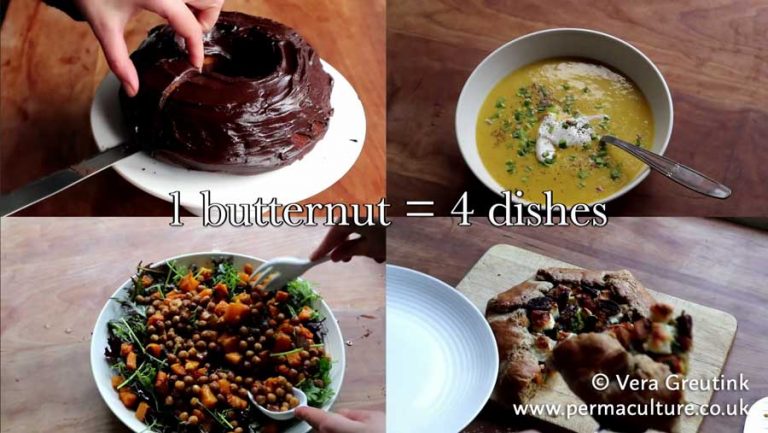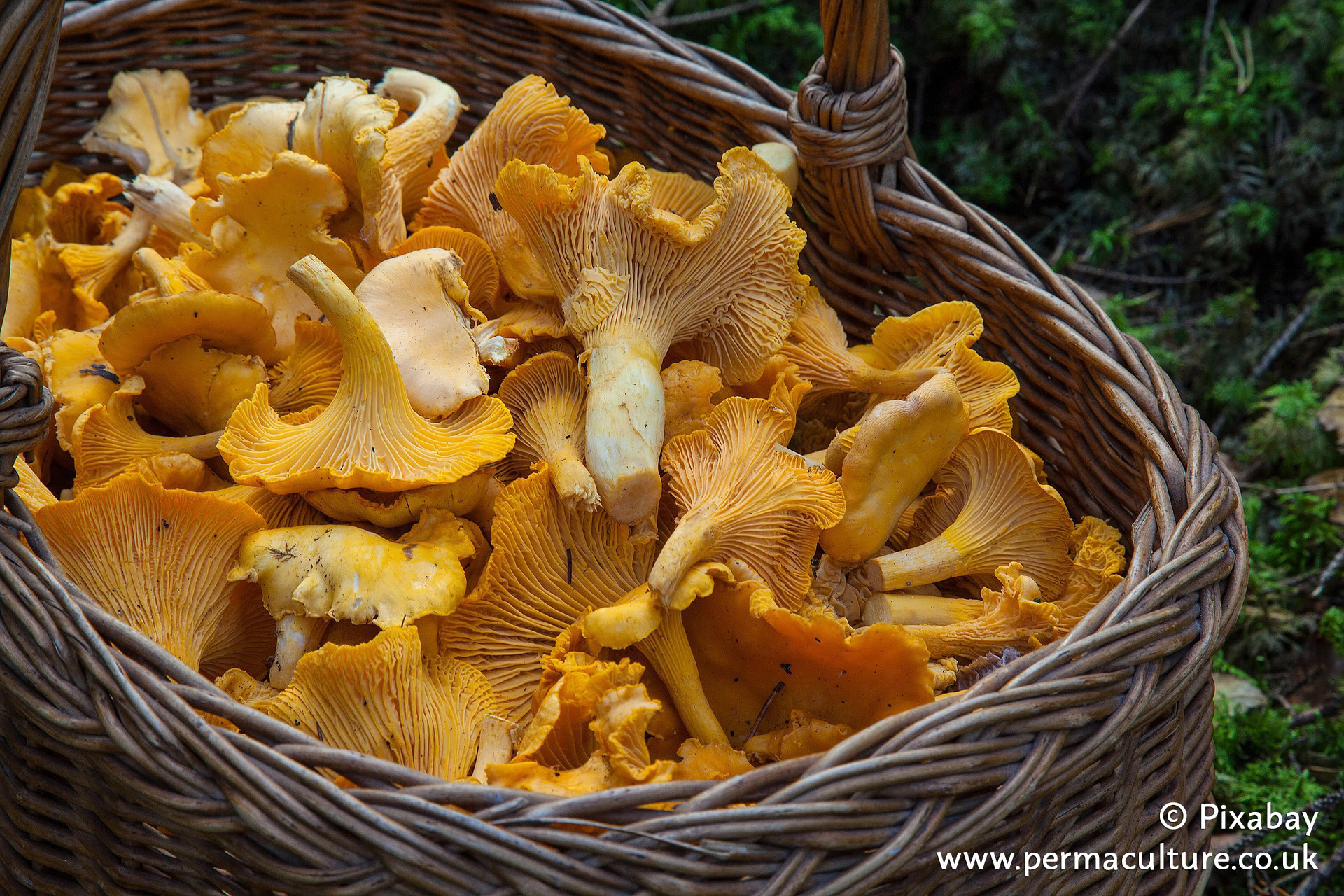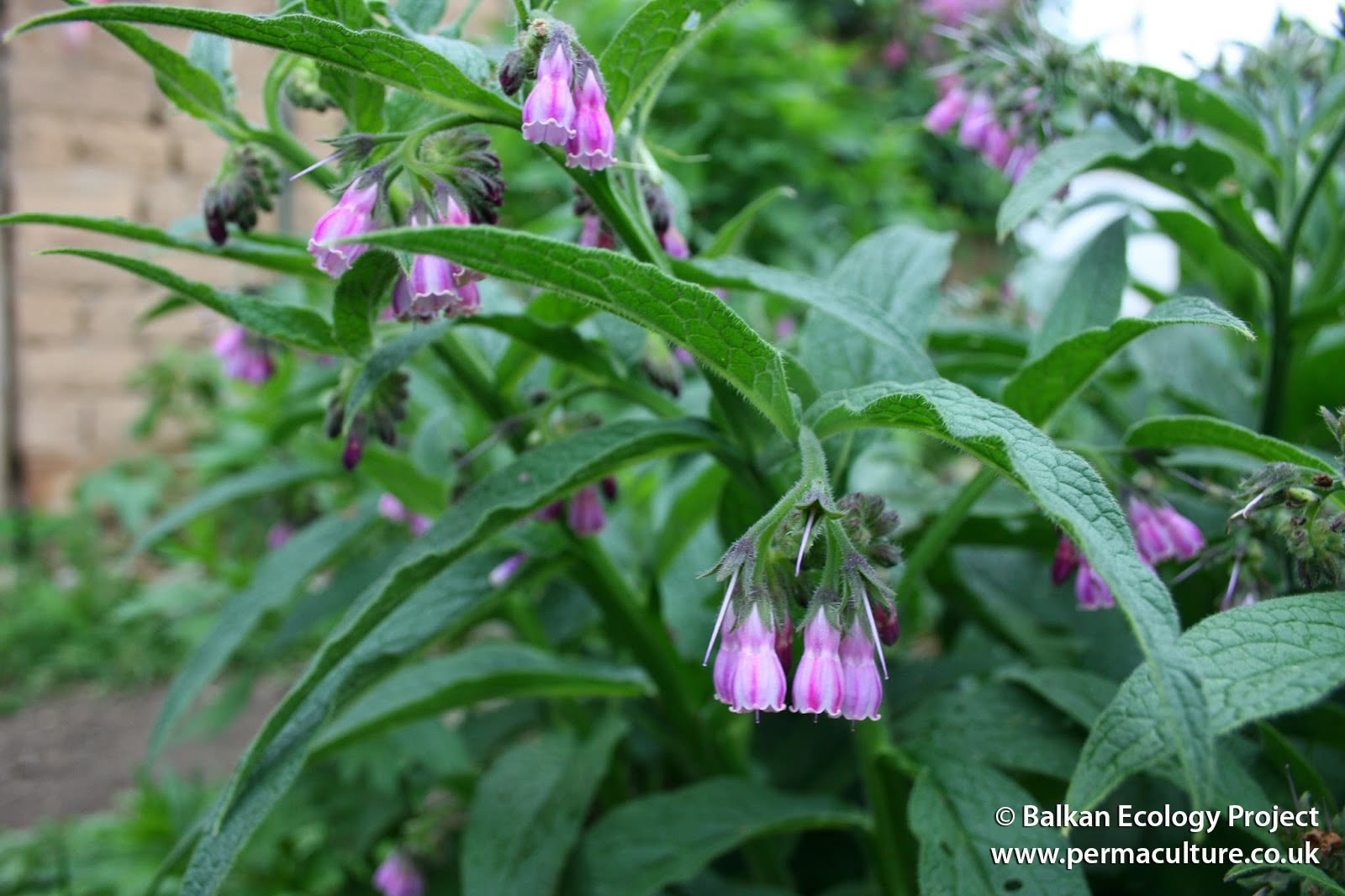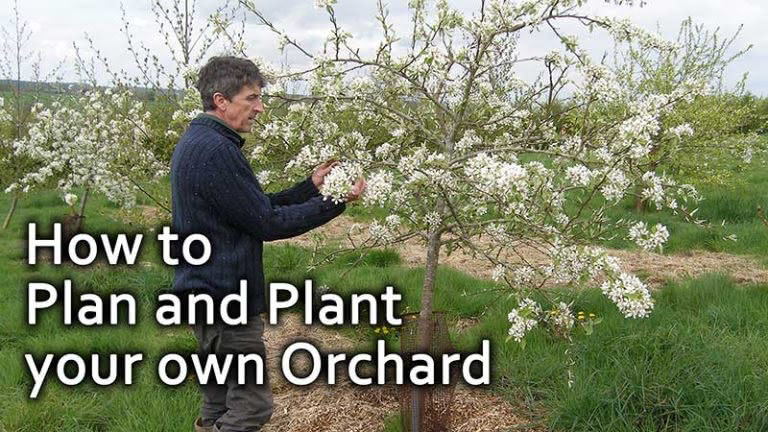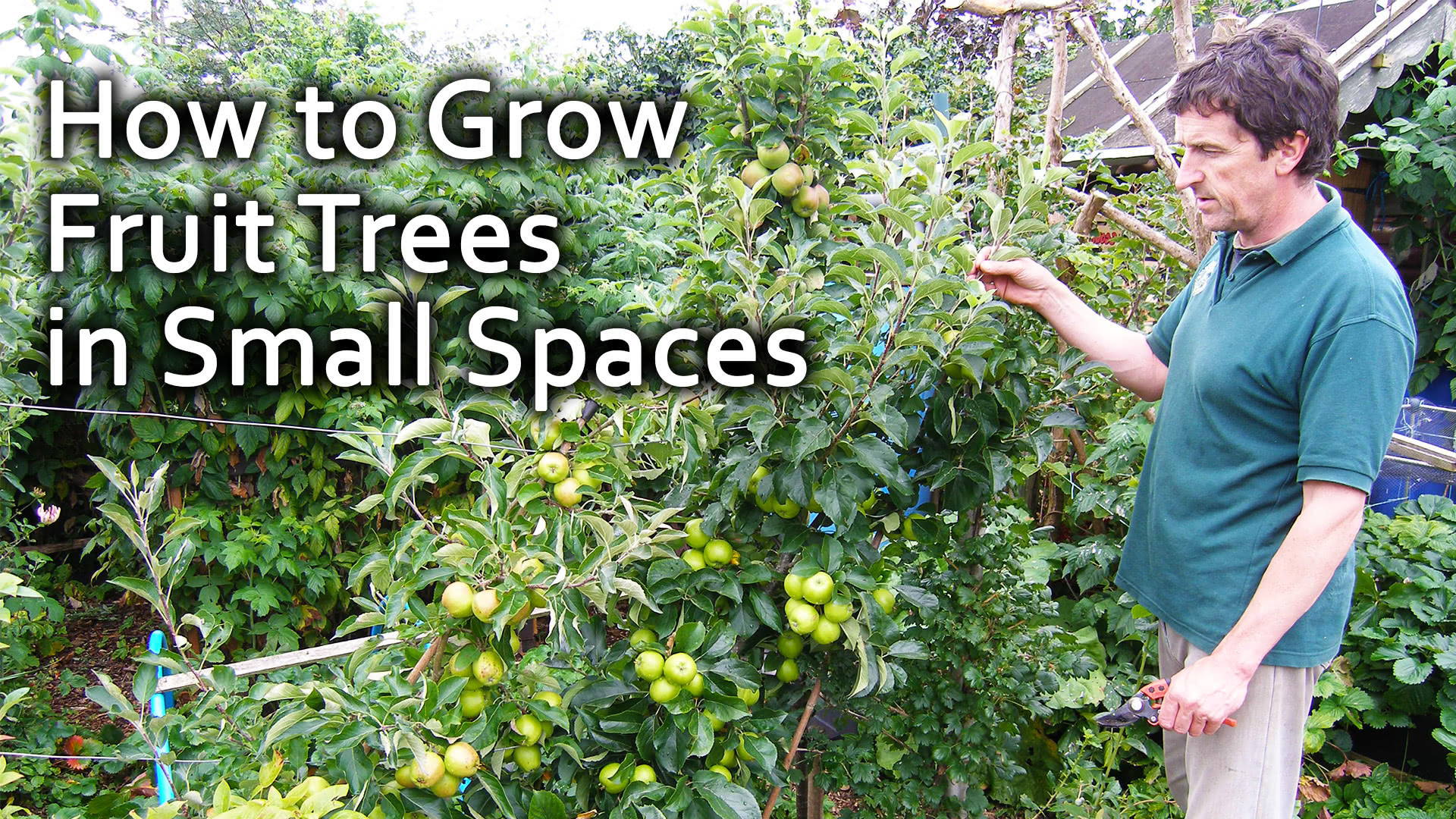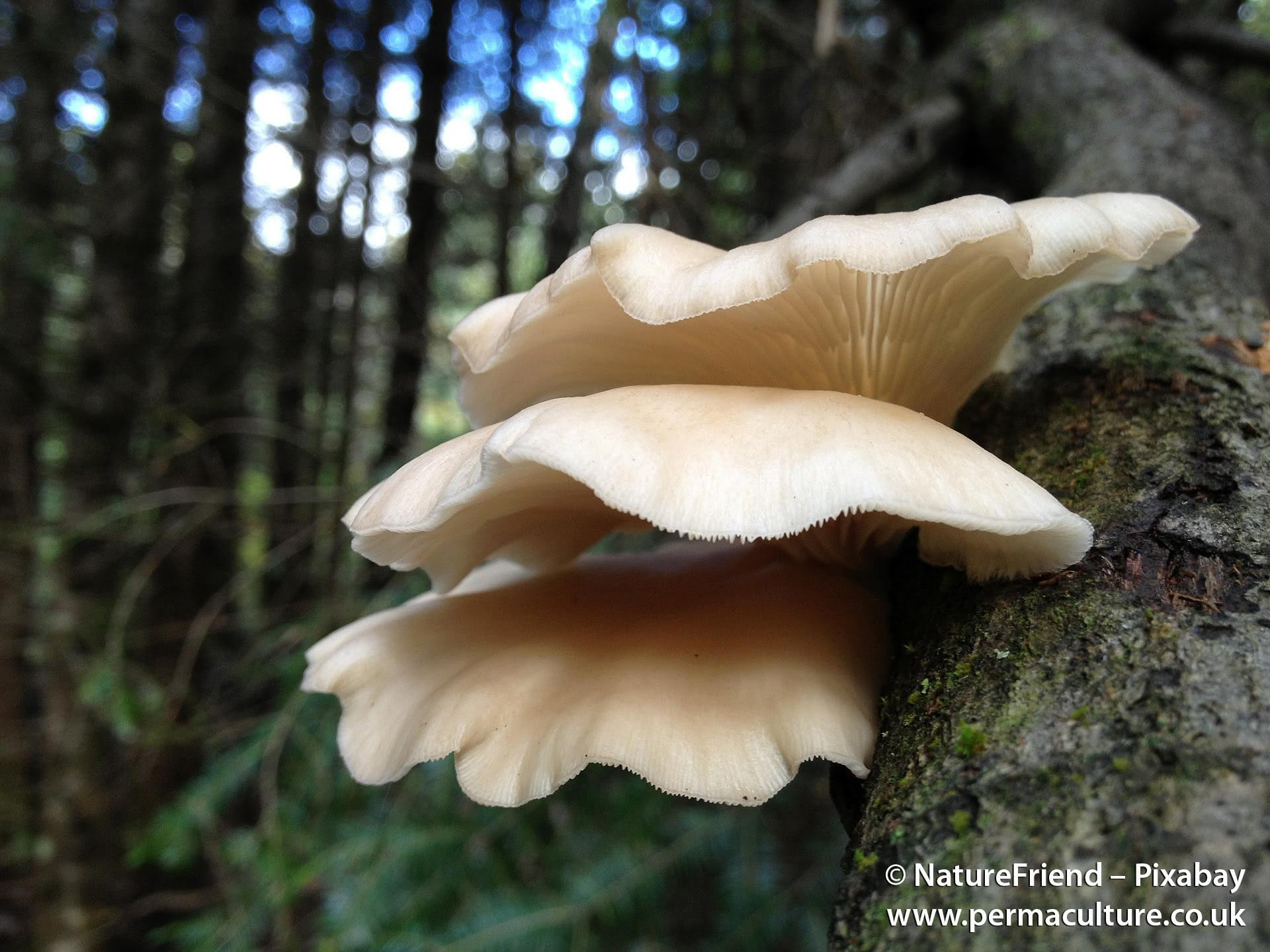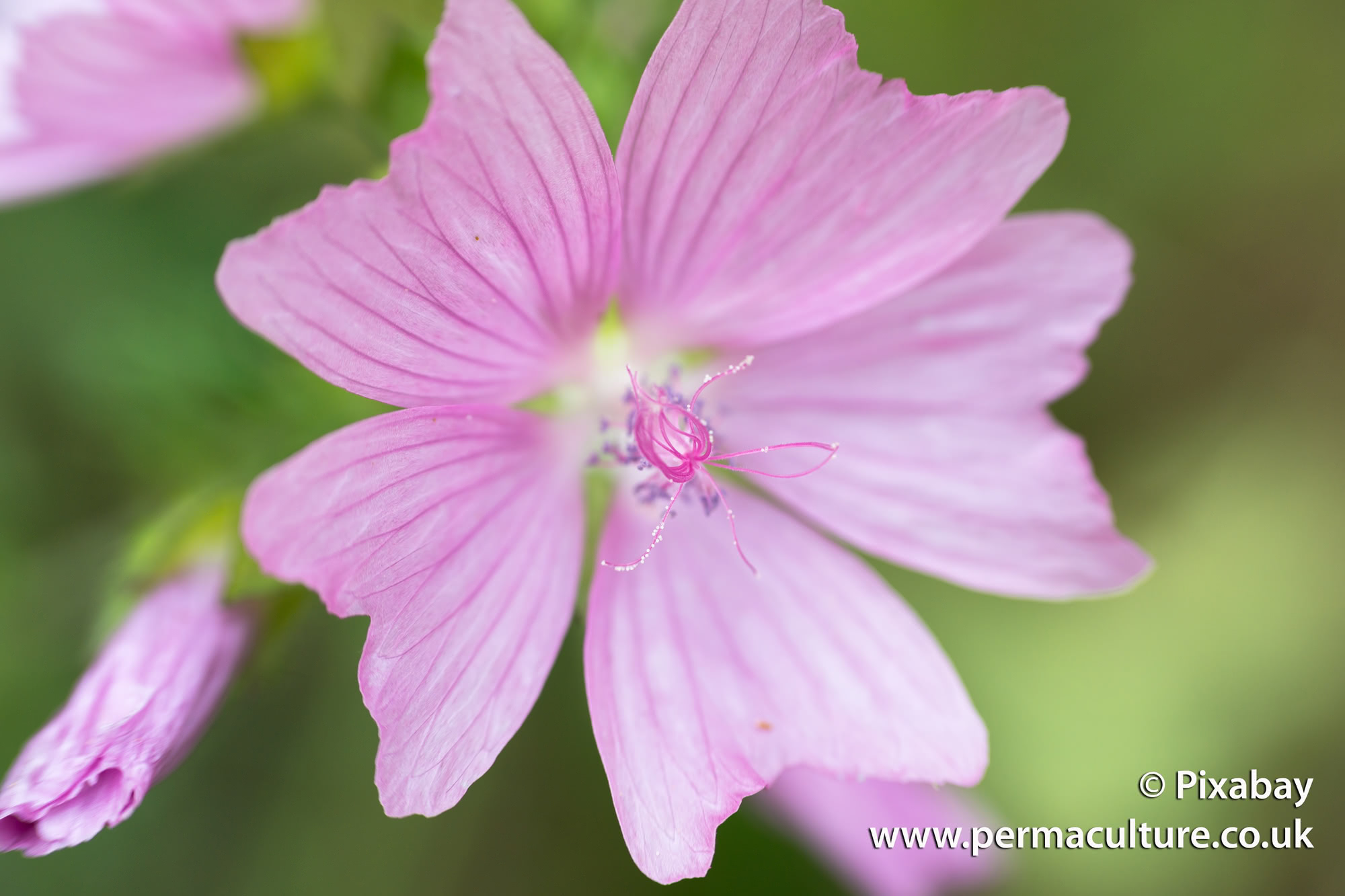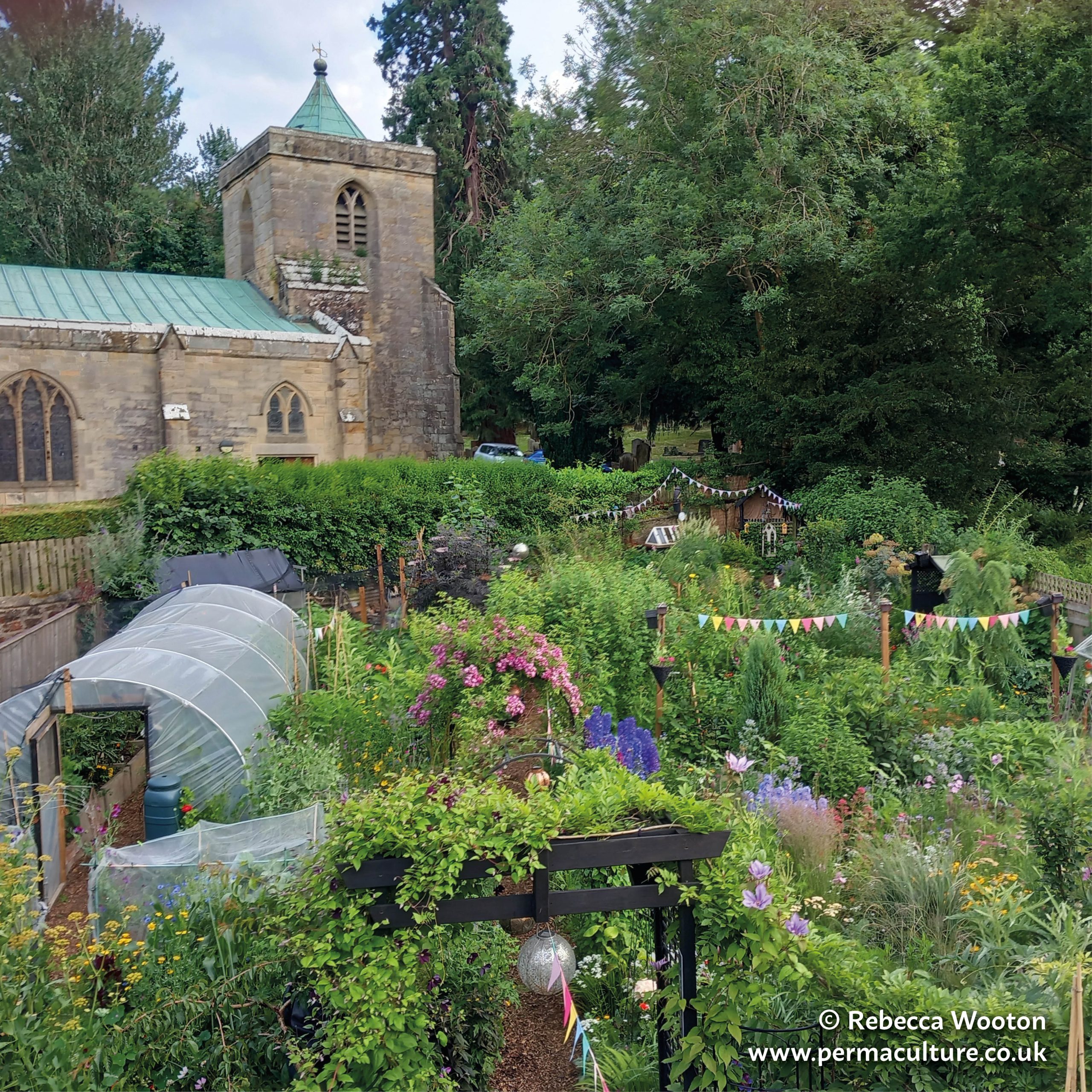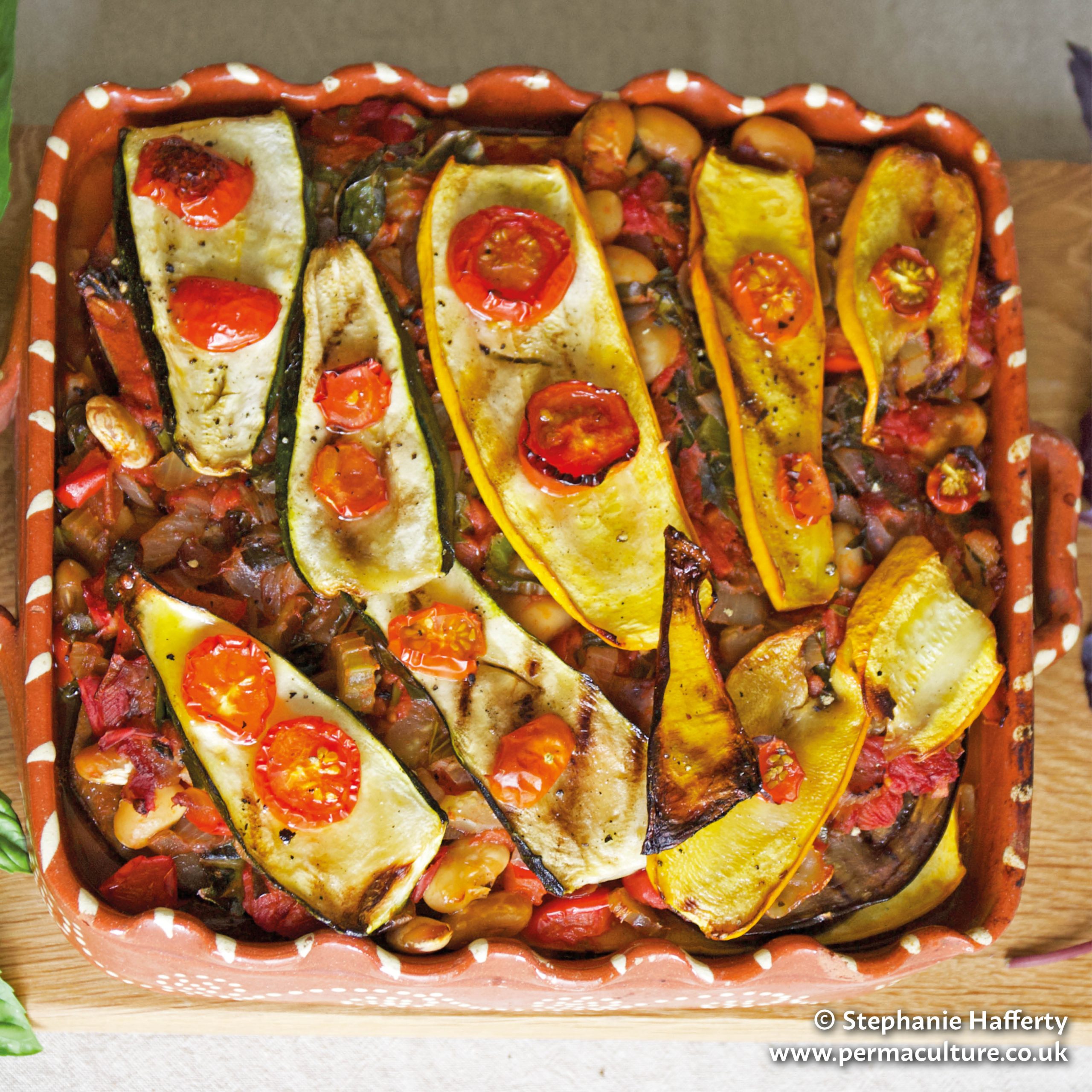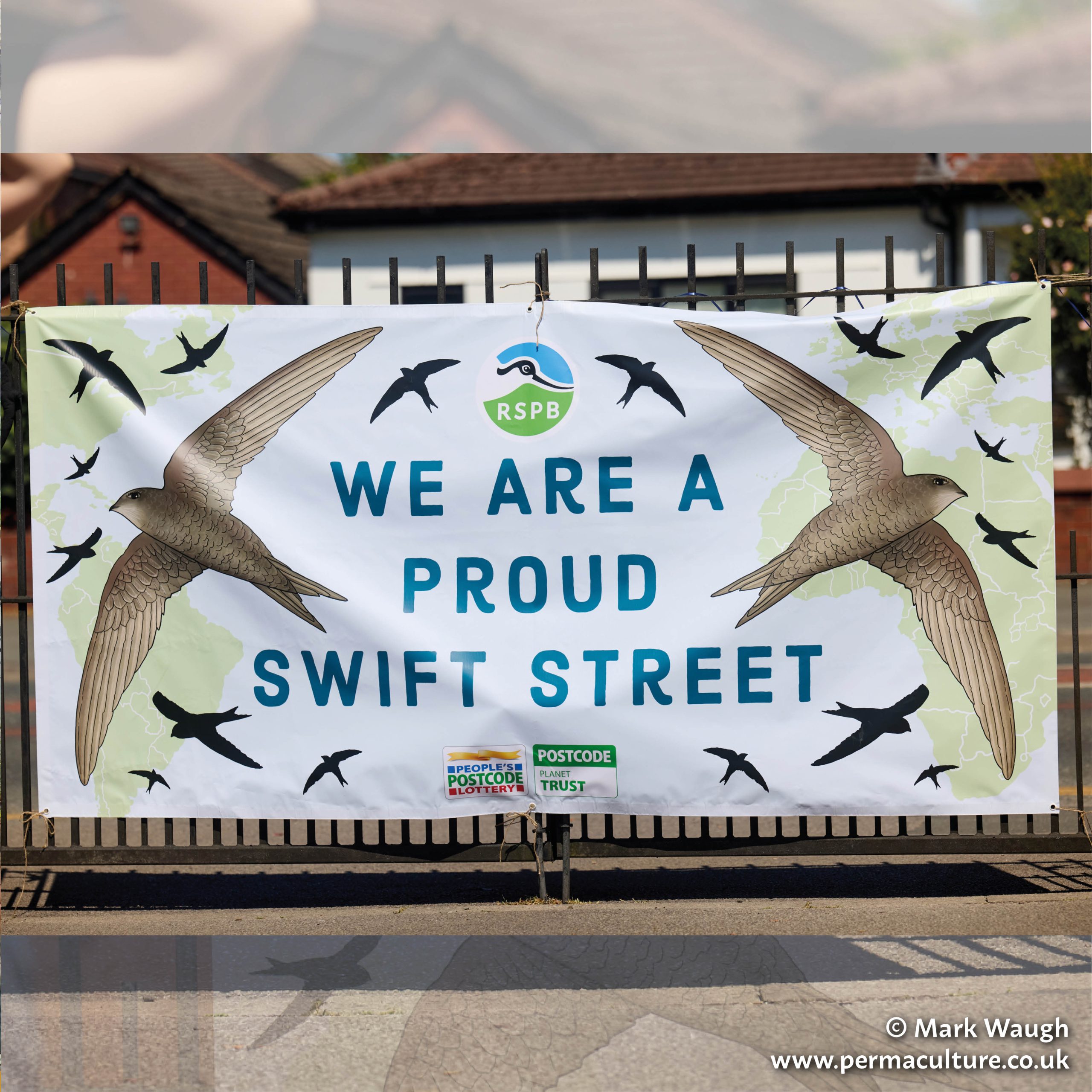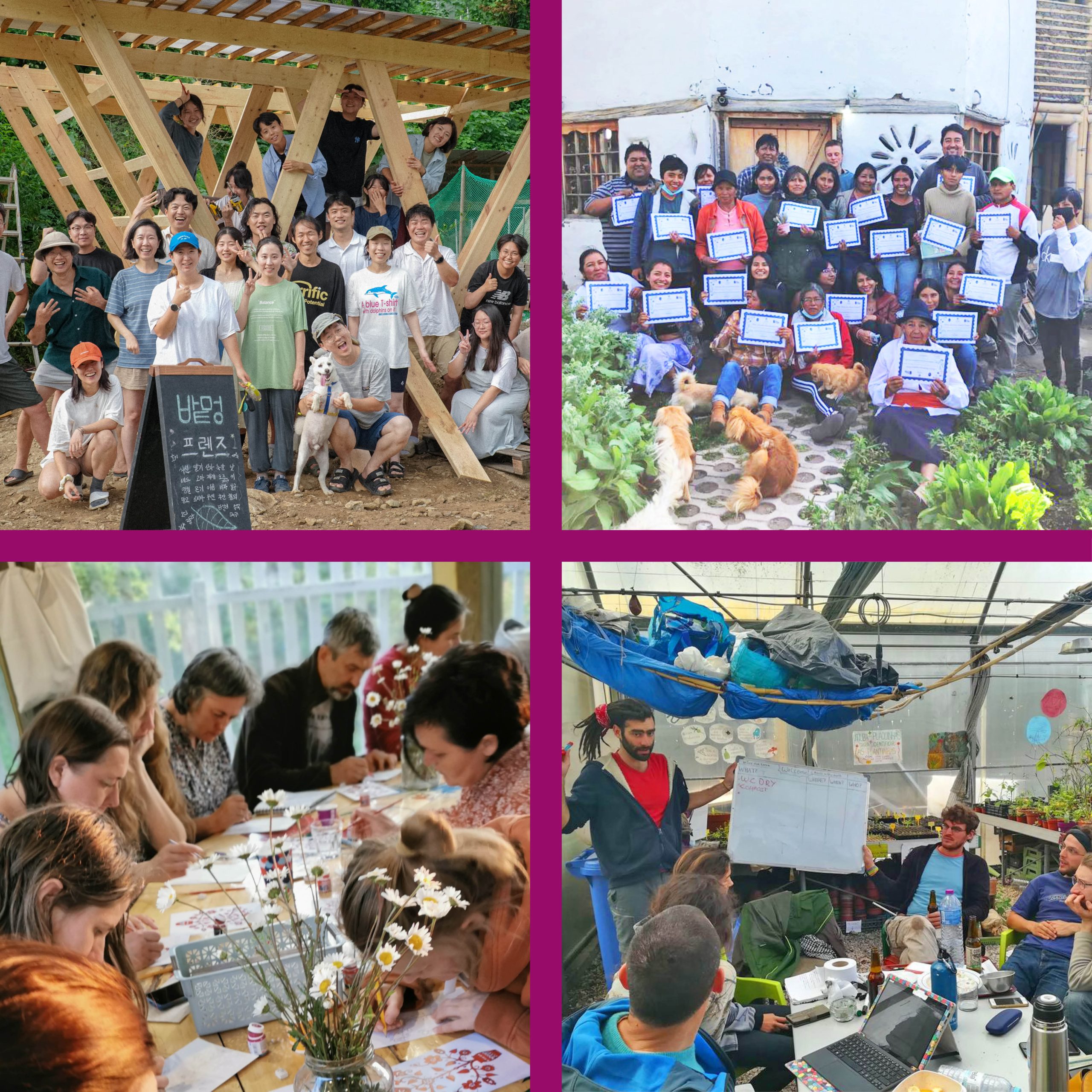I’ve heard Mark Boyle speak in public and I can tell you it’s a moving experience. His deep compassion, his refusal to shy away from hard truths, his vision of a better future and the power of his personality combine to make it so. I imagine Old Testament prophets must have had the same quality as him. In as much as the written word can ever express such passionate communication, it’s here in this book.
The book falls into two parts. The first two chapters make up the manifesto in the title. In them Mark sets out why he sees money as a problem and what he means by a moneyless society. Although the clarity of Mark the public speaker doesn’t quite translate to the page in the same way his passion does, he makes a good case.
He points out how so many of the personal, social and ecological problems of our times are either made worse by the existence of money or even caused by it. Above all, money distances us from the consequences of our actions. It’s easy to create pollution, destroy ecosystems, exploit workers in sweatshops and accumulate wealth at their expense when we can’t see the landscapes we destroy or look the people in the eye. Money makes all this possible.
A moneyless society, he argues, can only be a localised one, one in which the great majority of what we use comes from within walking distance.
The essence of the money-free society he sketches out is that it’s not an exchange economy but a gift economy. That is, it’s based on unconditional giving. This may sound wildly utopian but it is actually how human societies have been organised for the vast majority of the time we’ve been here on Earth. When you know and trust your neighbours you don’t need to worry about getting fair value. If one of them needs something, you give it to them. You do so secure in the knowledge that when you’re in need, someone, not necessarily the same person, will help you in the same way, unconditionally.
By this stage in the book I was beginning to feel uncomfortable, and physically aware of the feeling of security which those notes and coins in my pocket give me. Is Mark asking us to make the huge leap into the unknown that he himself made when he went moneyless? Not at all. The rest of the book is about how we can take the first steps towards creating a gift economy, and he starts by introducing a wonderful tool called the Progression of Principles or POP. It consists of writing out a series of levels, the highest being where you’d ideally like to be and the lowest where you are now, with a series of intermediate steps between them.
Using POP enables him to make a clear distinction throughout the book between what a true gift economy would look like and practical steps we can take now to move in that direction. It’s surprising how many structures are already in place for us to do so. Amongst those he covers in the book are: Freecycle; book swapping; tool sharing; WWOOF; Landshare; self-build housing; seed saving and swapping; making your own soap; Liftshare; couch surfing; house sitting; Linux; home education; clothes swaps; street parties… free hugs and many more, all supplied with references to books and websites for further information.
Of course none of these things is completely money-free and not all are based on unconditional giving but they’re all starting points on the journey towards a life that is less dominated by money. Each of us can decide how far down that route we want to go.
The thing I admire most about Mark is his honesty and courage in facing up to difficult questions. This comes out most of all in his chapter on health. The modern health system which we have come to rely on is part of the global industrial complex and couldn’t exist without it. So it’s incompatible with a moneyless society, or any sustainable society however you define it.
He handles this dilemma with sensitivity and intelligence, which is reinforced by his personal honesty as he recounts a time when he behaved in a way he now describes as hypocritical. He never takes a holier-than-thou position nor, though I compared him to a prophet, does he ever preach.
You can take this book on at least two levels. It’s worth reading for Mark’s take on the true nature of a sustainable society or if you simply want to step out of the money economy in one or two aspects of your life and enjoy the benefits of giving and receiving. It’s also useful if you’re just plain skint.
Patrick was an early pioneer of permaculture and teacher for many years.
